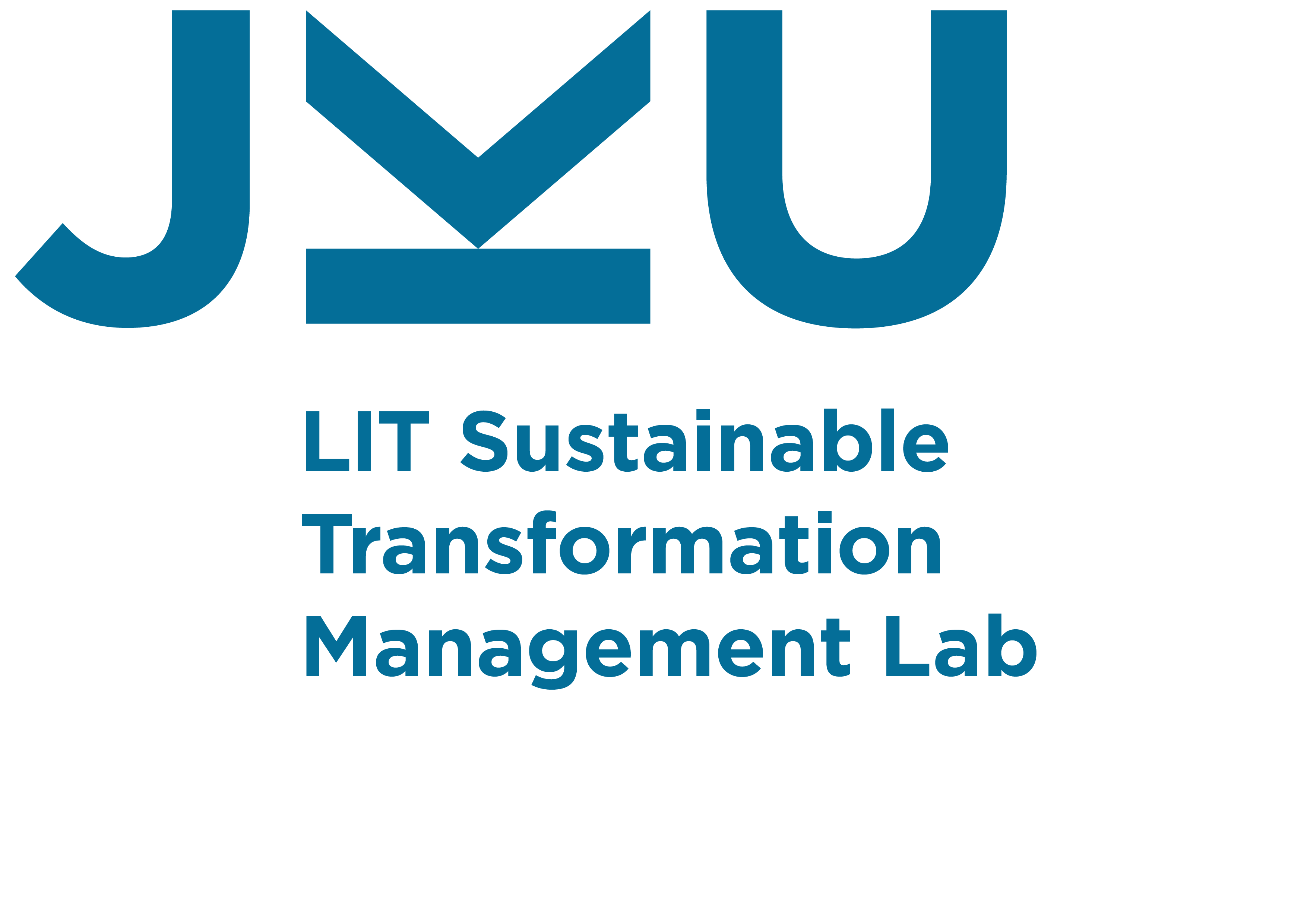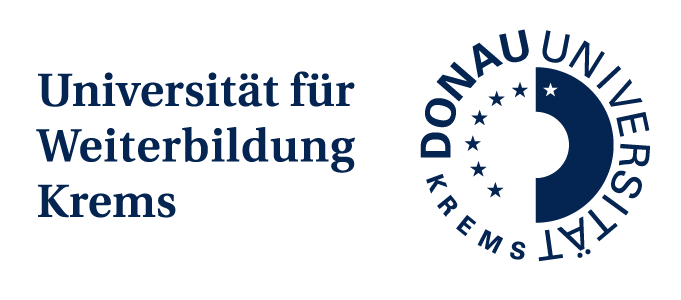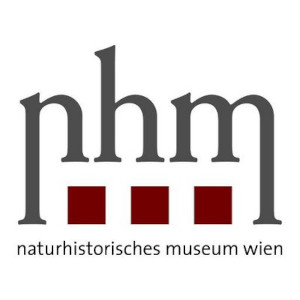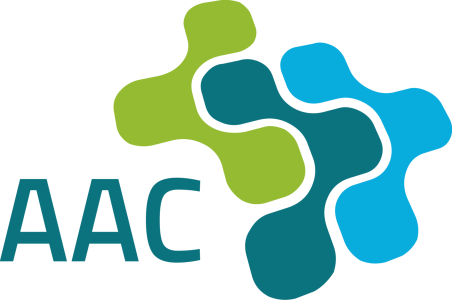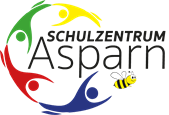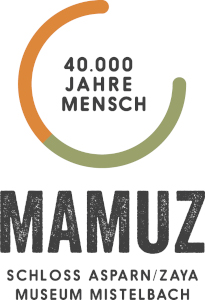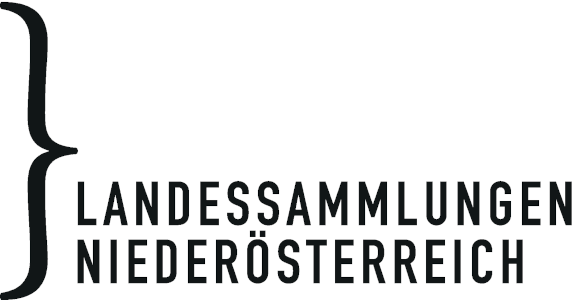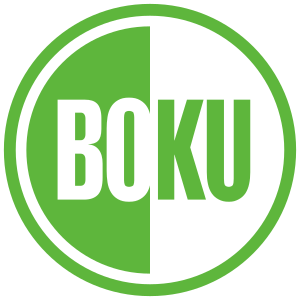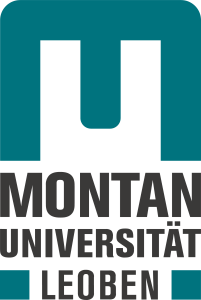Update Social
With your ideas towards a innovative social sector for all
Our society is facing numerous social challenges and the public administration, charities & social service providers, civil society and (social) enterprises are already working to solve them. In the face of increasingly complex challenges, there is a need for more collaboration and dialogue across sectors. Together we can achieve more!
UpdateSocial is designed to provide the framework for collaboration!
In all sectors of our society, there are people who either already have an idea for solving a challenge or want to develop new approaches (e.g. new products, social services). With UpdateSocial, we bundle the innovative power of all sectors and create a breakthrough together. We thus combine the wealth of ideas of civil society with the implementation power of charities and public administration.
To begin with, we (you and I, and many people from different sectors) come up with ideas and approaches to solutions for the previously defined social challenges in a collaborative 48 hour “Ideenwerkstatt” (Ideation Lab). A support program (Accelerator Program for approaches to solutions to social challenges) will accompany the further development of these approaches to make them ready for collaboration with piloting and scaling partners such as Volkshilfe Upper Austria, other social service providers or public administration.
ALL are called to participate. Co-creative, local and digital.

Join the update of the social sector by citizens for citizens!
Together we can drive innovative solutions and strengthen the community for social innovations in Upper Austria.
Role as participant:
Become part of the community of makers, benefit from a public-supported, collaborative and solution-oriented cooperation, help to develop new solutions for the social challenges of our time or commit yourself to take it to the next level with your idea. Curious? Then visit us at https://updatesocial.org/mitmachen/.
Role as mentor / ambassador / implementation partner:
- Support the participants with your knowledge and network. Work with the community at eye level and contribute to a livable future for all.
- Join us in calling on all citizens in Upper Austria and everyone who wants to come to participate in the 48h “Ideenwerkstatt” (Ideation Lab). Whether it's a newsletter or social media - anything works and helps us.
- Do you know other role models who stand for change? Invite them to become part of UpdateSocial.
If you are interested, please contact This email address is being protected from spambots. You need JavaScript enabled to view it..
These partners are already part of UpdateSocial: https://updatesocial.org/team/#partner.
Our mission
With UpdateSocial we want to strengthen the social innovation ecosystem in Upper Austria. The core element of this ecosystem is a strong and transformational community in which there is trust in each other. Thus, this initiative serves as the basic building block for an organically growing movement that drives the digital and green transformation of the social service sector.
How does UpdateSocial work?
Form alliances and define challenges
- We form alliances with leading actors from all sectors to pool everyone's innovative power and foster collaboration.
- The focus is on social challenges that need to be solved. Together with key players in public administration (Land OÖ - Upper Austrian provincial government, Stadt Linz) and with the expertise of Volkshilfe Upper Austria, we identify relevant social issues that we address to civil society.
Mobilizing civil society and (further) developing solutions
- Through an open call at the beginning of March, civil society is to be mobilized for UpdateSocial. Thus, a community will be built to advocate for a sustainable social service sector.
- In mid-April (21. - 23. April 2023), the 48h “Ideenwerkstatt” will take place, where existing and new solution approaches for the identified challenges will be developed. Selected solutions will then be awarded by a jury in diverse categories.
Supporting and scaling ideas with potential
- Initiatives can apply for a support program after the “Ideenwerkstatt” (until 04. April 2023). This starts at the beginning of May (10. Mai 2023) and helps the teams to further develop their solutions through e.g. expert inputs, community meetings and the help of mentors.
- Following the support program, the pilot program will start in October 2022. On October 3, 2023, the project groups will have another opportunity to present their solutions at the Community Celebration. Joint successes will be celebrated, the next steps will be targeted, and the future of the social innovation community will be shaped. What works will be piloted with united strength, e.g. with the help of an implementation partner from our network for social innovation.
Derive and process insights
- Throughout the process of UpdateSocial, which is funded as a scientific project by the Ludwig Boltzmann Gesellschaft, we are collecting insights for a comprehensive "Learning Report" for shared learning on the one hand and for basic research of Open Social Innovation on the other hand.
More information about the project can be found here:
- https://updatesocial.org
- https://updatesocial.org/linktree/
- https://ooe.orf.at/stories/3200196/
- https://www.linkedin.com/company/updatesocial/
- https://www.instagram.com/updatesocial_ooe/
https://www.citizen-science.at/en/network/working-groups/wg-conference/tag/catastrophs#sigProIdea3ccad175
This project fulfils version 1.1 of the quality criteria for citizen science projects on Österreich forscht.
United by Crisis?
Participate in archaeological field surveys and/or in cleaning, documenting & interpreting archaeological finds.
A transdisciplinary look at the early Neolithic communities in the Schletz settlement cluster
The project aims to explore the surroundings of the famous Neolithic settlement of Asparn/Schletz (Lower Austria). Numerous human remains suggest a violent attack on this site in the Late Linear Pottery Culture, approx. 7.000 years ago.
Due to its size and earthworks, we assume that Schletz was the central site of a cluster of smaller settlements in surrounding region. By researching these settlements, we hope, among other things, to increase our knowledge on the background of the massacre and on the origin of the people who died in Schletz.
We cordially invite you to work with us as a Citizen Scientist!
In the project, we are searching for Neolithic finds (pottery, stone tools, etc.) at known or suspected sites near Asparn/Schletz together with interested people and collectors. During our surveys, we go over the fields at regular intervals and map the findings that we discover. Later on, we clean them together und create a scientific documentation and evaluation. Here you can find further information on how you can participate as a Citizen Scientist. However, as we have planned a format of intensive cooperation, we have reached the maximum number of Citizen Scientists that can participate in the project. Nevertheless, we can still offer you to join the waiting list for the participation in the project (or possible follow-up projects).
In another part of the project, local middle school students extract and process soil samples from the area of the LPC sites to create an isoscape (= isotope landscape). Through a comparison with Sr isotope ratios of the human remains, this will allow a discussion of whether the people that died in the massacre might have grown up locally or not.
Citizen Science Seminar
In January 2025, Johanna Irrgeher, Julia Längauer and Jakob Maurer gave a lecture on 'The Neolithic "Massacre of Asparn/Schletz" - transdisciplinary research with citizen scientists' at the Citizen Science Seminar of BOKU University (in German).
Project partners & cooperation partners
Picture gallery:
-
 Zwentendorf, possible early Neolithic site near to the Zaya-river Zwentendorf, possible early Neolithic site near to the Zaya-river
Zwentendorf, possible early Neolithic site near to the Zaya-river Zwentendorf, possible early Neolithic site near to the Zaya-river -
 Victims of a Neolithic massacre were discovered during archaeological excavations in Asparn/Schletz Victims of a Neolithic massacre were discovered during archaeological excavations in Asparn/Schletz
Victims of a Neolithic massacre were discovered during archaeological excavations in Asparn/Schletz Victims of a Neolithic massacre were discovered during archaeological excavations in Asparn/Schletz -
 Together with Citizen Scientists we do systematic “line walking” for the identification of Neolithic sites Together with Citizen Scientists we do systematic “line walking” for the identification of Neolithic sites
Together with Citizen Scientists we do systematic “line walking” for the identification of Neolithic sites Together with Citizen Scientists we do systematic “line walking” for the identification of Neolithic sites -
 The finds are carefully packed; the find spots are precisely documented with GPS The finds are carefully packed; the find spots are precisely documented with GPS
The finds are carefully packed; the find spots are precisely documented with GPS The finds are carefully packed; the find spots are precisely documented with GPS -
 Newly discovered, unwashed finds „fresh from the field” Newly discovered, unwashed finds „fresh from the field”
Newly discovered, unwashed finds „fresh from the field” Newly discovered, unwashed finds „fresh from the field” -
 Early Neolithic stone tools and potsherds from the Zwentendorf-Hofwiese site Early Neolithic stone tools and potsherds from the Zwentendorf-Hofwiese site
Early Neolithic stone tools and potsherds from the Zwentendorf-Hofwiese site Early Neolithic stone tools and potsherds from the Zwentendorf-Hofwiese site -
 Early Neolithic house (house model in MAMUZ Schloss Asparn/Zaya) Early Neolithic house (house model in MAMUZ Schloss Asparn/Zaya)
Early Neolithic house (house model in MAMUZ Schloss Asparn/Zaya) Early Neolithic house (house model in MAMUZ Schloss Asparn/Zaya) -
 Soil samples are taken by middle school students for the creation of an isotope map Soil samples are taken by middle school students for the creation of an isotope map
Soil samples are taken by middle school students for the creation of an isotope map Soil samples are taken by middle school students for the creation of an isotope map -
 To research the origin of the dead of Schletz, chemical analysis is done on soil samples and human teeth To research the origin of the dead of Schletz, chemical analysis is done on soil samples and human teeth
To research the origin of the dead of Schletz, chemical analysis is done on soil samples and human teeth To research the origin of the dead of Schletz, chemical analysis is done on soil samples and human teeth -
 The core team of the project with scientists from different disciplines is looking forward to working together! The core team of the project with scientists from different disciplines is looking forward to working together!
The core team of the project with scientists from different disciplines is looking forward to working together! The core team of the project with scientists from different disciplines is looking forward to working together!
https://www.citizen-science.at/en/network/working-groups/wg-conference/tag/catastrophs#sigProId0cf662b906
The project is funded by:
This project fulfils version 1.1 of the quality criteria for citizen science projects on Österreich forscht.
Fire Database
Since 2008, the Institute of Silviculture at BOKU University, Vienna, has been analyzing the occurrence, distribution, causes and characteristics of forest fires in Austria as part of various research projects. The data series spans several decades and includes around 8000 fires, of which around 7000 are forest fires. The last 20 years are the best documented. The Institute of Silviculture has created the web GIS platform “Fire Database”, which is freely accessible and allows interested parties to query forest fire events and generate statistics or graphics.
Most forest fires are recorded in spring and summer. Parts of Carinthia, Tyrol, Styria and southern Lower Austria are particularly frequently affected by forest fires. In most cases, the cause of the fire is human behavior, such as an out-of-control fire, a carelessly discarded cigarette or hot ash. In the summer months, lightning induced fires also play a significant role. Several forest fires have been investigated as case studies to analyze the fire behavior, the mortality of the affected trees and the regeneration of forest stands.
Anyone who would like to actively participate as a citizen scientist in forest fire research can do so via the mobile app spotFIRE, which was launched in 2024. spotFIRE is available for Android, iOS and as a web version and enables the on-site documentation of wildfires. In addition, spotFIRE can be used to record the forest structure and fuel quantities. With their participation, citizen scientists support the continuation of the forest fire database and enable scientists to make better estimates of forest fire behavior in Austria.
Podcast episode
In June 2023, project coordinator Mortimer Müller was guest on the Österreich forscht podcast Wissen macht Leute - you can listen to the episode here (in German).
Citizen Science Seminar
In 2021, poject coordinator Harald Vacik held a lecture about "Fire Database" as part of the lecture series "Citizen Science Seminar" at BOKU University: "Challenges of forest fire research in the alpine region" (in German).
Links
- spotFIRE App
- Forest Fire Database Austria
- Forest Fire blog Austria
- Forest fire research at BOKU
- European Forest Fire Information System (EFFIS)
-
 Cloud of smoke from the forest fire near Neunkirchen, Lower Austria, on 1st August 2013 Cloud of smoke from the forest fire near Neunkirchen, Lower Austria, on 1st August 2013
Cloud of smoke from the forest fire near Neunkirchen, Lower Austria, on 1st August 2013 Cloud of smoke from the forest fire near Neunkirchen, Lower Austria, on 1st August 2013 -
 Forest fire near Neunkirchen, Lower Austria, on 1st August 2013 Forest fire near Neunkirchen, Lower Austria, on 1st August 2013
Forest fire near Neunkirchen, Lower Austria, on 1st August 2013 Forest fire near Neunkirchen, Lower Austria, on 1st August 2013 -
 Damage caused by the forest fire near Neunkirchen (1) Damage caused by the forest fire near Neunkirchen (1)
Damage caused by the forest fire near Neunkirchen (1) Damage caused by the forest fire near Neunkirchen (1) -
 Damage caused by the forest fire near Neunkirchen (2) Damage caused by the forest fire near Neunkirchen (2)
Damage caused by the forest fire near Neunkirchen (2) Damage caused by the forest fire near Neunkirchen (2) -
 Damage caused by the forest fire near Neunkirchen (3) Damage caused by the forest fire near Neunkirchen (3)
Damage caused by the forest fire near Neunkirchen (3) Damage caused by the forest fire near Neunkirchen (3) -
 Damage caused by the forest fire near Neunkirchen (4) Damage caused by the forest fire near Neunkirchen (4)
Damage caused by the forest fire near Neunkirchen (4) Damage caused by the forest fire near Neunkirchen (4) -
 Number of forest fires 1994-2014 (reported via Fire-Database) Number of forest fires 1994-2014 (reported via Fire-Database)
Number of forest fires 1994-2014 (reported via Fire-Database) Number of forest fires 1994-2014 (reported via Fire-Database) -
 Distribution of forest fires over the year (totals from the years 1994-2014; reported via Fire-Database) Distribution of forest fires over the year (totals from the years 1994-2014; reported via Fire-Database)
Distribution of forest fires over the year (totals from the years 1994-2014; reported via Fire-Database) Distribution of forest fires over the year (totals from the years 1994-2014; reported via Fire-Database)
https://www.citizen-science.at/en/network/working-groups/wg-conference/tag/catastrophs#sigProId9148f66075
This project fulfils version 1.1 of the quality criteria for citizen science projects on Österreich forscht.


